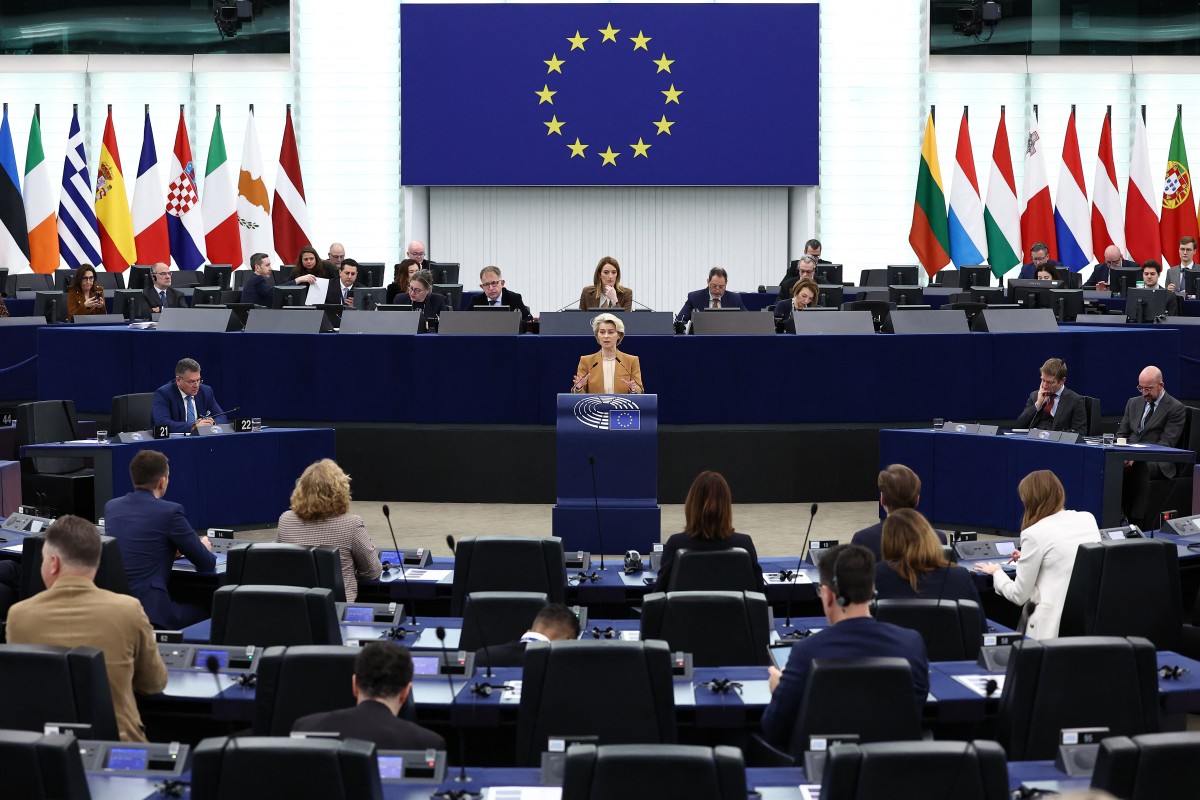Brussels, Belgium – The European Commission on Tuesday officially extended an exemption from contested rules to leave a share of agricultural lands fallow, which had become a flashpoint for protesting farmers across the bloc.
First lifted in 2023 in response to market disruptions caused by Russia’s invasion of Ukraine, the rules will remain partially suspended this year, according to the decision published in the EU’s official journal.
Instead of keeping four percent of arable land unproductive, farmers will be allowed to use it for “nitrogen-fixing crops” such as lentils or peas, or “catch crops” grown between regular harvests, and remain eligible for EU subsidies.
Heeding calls from several European Union members including France, the commission agreed last month — at the height of the rolling farmer protests — to grant a new, partial, exemption.
The modified rule “would put less restrictions on how they can use the arable land and would reduce the income losses while still ensuring some environmental benefits,” reads the updated text.
The commission initially proposed that seven percent of land be used for nitrogen-fixing crops, but that figure was later revised down to four percent.
“There are some changes following negotiations with member states,” commission spokesman Olof Gill told reporters on Monday. “The logic was to provide further flexibilities for our farmers.”
The fallow land rule was imposed as part of the bloc’s common agricultural policy to promote biodiversity.
It is one of several measures dropped by the bloc in a bid to assuage the farmer movement — which has spooked leaders ahead of June’s European elections — along with a plan to cut pesticide use in agriculture.
The list of farmers’ complaints is long but mostly boils down to them feeling they can no longer make a living working the land.
Part of that is because they face red tape and climbing costs associated with expanding EU regulations to meet climate targets.
The EU acknowledged that a combination of geopolitics and extreme weather meant farmers were struggling to meet the fallow land rule, which “in certain cases can have a significant short-term impact on their revenue and put at risk the viability of their activities.”








